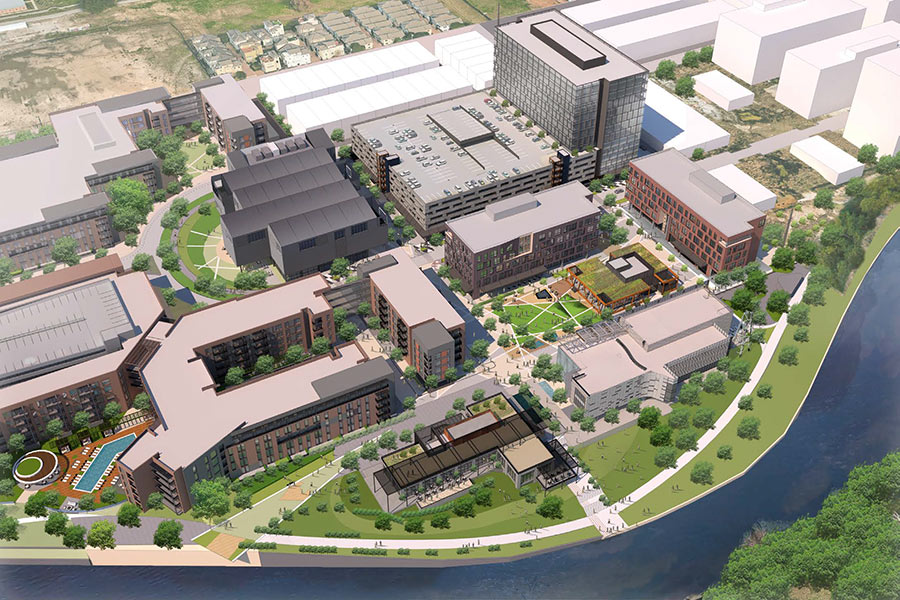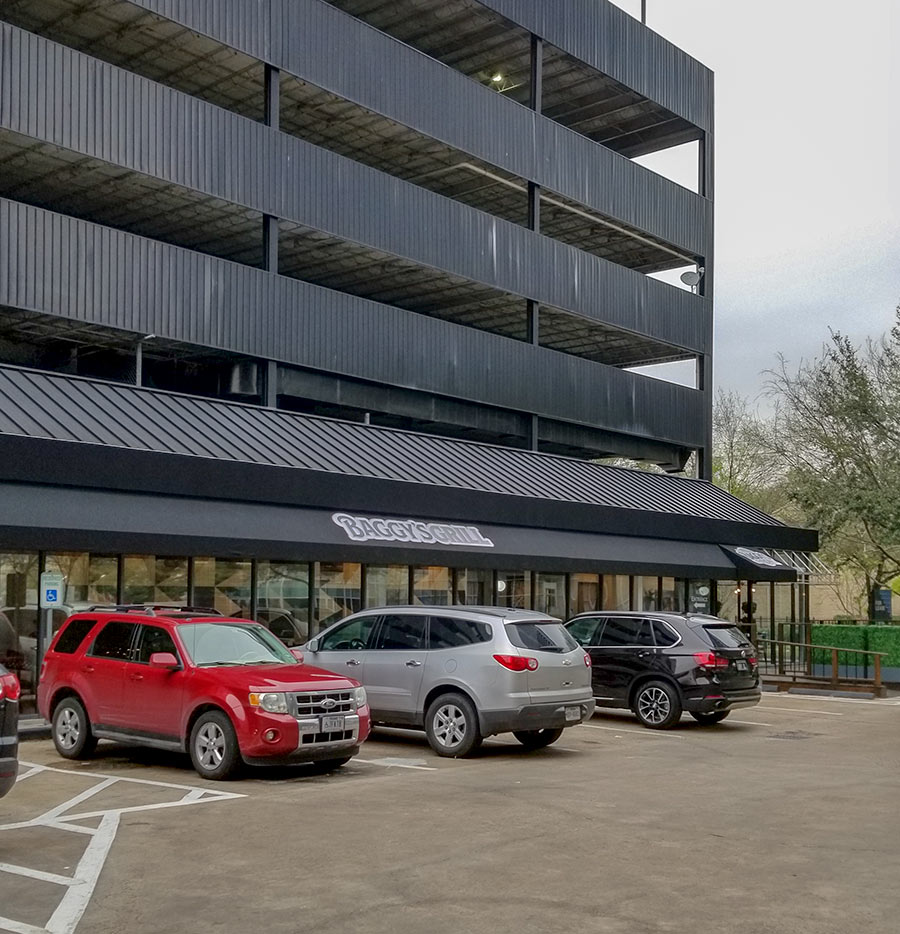OUT OF THE KITCHEN, INTO THE MARKET Former Kata Robata chef Seth Siegel-Gardner, hunting for a location to lease for the as-yet-unnamed new restaurant he and fellow NYC transplant Terrence Gallivan plan to open in Houston within a year: “We were talking to a real estate agent whose number we had called off a building that we had been eyeing for weeks. So there we sat, our grand vision for the space and our impending total world culinary domination about to be laid at the feet of this person whose name was plastered on a poorly constructed sign on the side of our future culinary castle. First question out of the landlord’s mouth was, ‘Do you have the financing?’ We lie and say yes. The rest of the conversation is a blur, the amount of acronyms this person uses, you’d think they were passing codes to Russia. I make mental notes for all of them and spend many hours that night on wikipedia finding definitions that lead to an endless amount of real estate knowledge, but which will nonetheless take the majority of my adult life to truly understand. On the drive home from this meeting, Terrence and I didn’t talk much. Instead, we said what we experienced were a lot of ‘blow-outs’ — a kitchen term used to explain the feeling when words can’t describe the frustrations, disappointment or just plain exhaustion of the situation.” [Food Republic; previously on Swamplot]




A few tips for these guys:
.
If you see a big (old) sign in front of a property, it means they’re not really interested in selling/leasing as if it’s still for sale/lease with a big sign, they’re asking too much or there is some other issue and they’re just wasting everyone’s time. Perfect example – There is a ‘for sale’ sign on a property near W.Alabama and Montrose that’s been there for 5+ years? With the gobs of people driving by and seeing the sign, I’m sure if it were actually for sale it would have been sold. Or it’s just the worlds worst agent.
.
If you’re expertise is cooking and not commercial real estate, get a broker to help you locate a place. They’ll be able to find locations both listed (MLS, Loopnet, etc.) and not, and deal with the agents, do the legwork, etc. If your not using a broker, its likely the commission that won’t be paid to a broker from the sales side won’t come to you anyway. So there is little downside and a lot of upside in getting a broker to run around and dial the phones (and this is coming from someone taht doesn’t normally like to deal with brokers)
.
If it’s a landlord, I’m not sure why he’s asking about financing. But if you’re buying, I’d get the financing lined up first. Getting a commercial RE loan is like kicking yourself in the nuts for 8 weeks so you might as well get the first 4 weeks of nut smashing done before you fall in love with a location. Plus if you say you have financing, the contract may be written without a financing contingency (since you’ve said you have it), which means if you don’t get financing, you’re out your earnest money.
sounds like Seth needs a tenant rep
I totally agree with Cody. Lying about financing just makes you exactly like everyone else these days. Differentiate yourselves… tell sellers you have no financing, and if they still show it to you, you know there is TONS of wiggle room on the price.
Cody, commercial landlords will absolutely not rent you the space for a business unless you have financing in place for that business up front. They will want to see a viable business plan including financing approved before putting themselves on the hook should your business fail.
My advice would be to get a business plan together and get financing approved before getting too far into looking at spaces. The loan market for business startups is just as bad as for real estate and unless both you and the bank agree that your plan is viable then there is not much point moving forwards.
You guys have it all wrong. What is this… amateur hour?
Asking about financing is equivalent to a landlord asking if you have a job. Landowners want to see that your business is legitimate. Having financing means that not only you, but other people believe in your business concept. Any schmo on the street can save the money for 4 months rent, but trying paying on time for 4 years. Commercial real estate is a huge money maker in Houston….It isn’t like negotiating a garage apartment in the Heights. Landowners are selective in the tenants they choose to lease to for a reason. There are enormous legal and financial repercussions to leasing to lowsy tenants.
SGARCIA: I don’t see how anyone was wrong about anything so far.
.
If the property was FOR SALE, I don’t know why he’d be dealing with the landlord. When I said “If it’s a landlord, I’m not sure why he’s asking about financing.” meaning if they were asking about financing, and the property was for sale, it was likely the owner or selling broker he was talking to.
.
Saying “It isn’t like negotiating a garage apartment in the Heights.” is a strawman argument as nothing similar to that was stated or claimed.
When the landlord asks if a tenant has financing in a lease scenario, what he really wants to know is whether the tenant has enough money to open a business and operate it. They want to see how much cash a potential tenant has on hand (especially if it is a restaurant) and how will the tenant obtain the rest of the amount to compete the construction. In today’s market, it is absolute necessary to ask a potential tenant for 1. Business plan, 2. Personal financial statements, 3. Run a credit check and 4. Inquire about financing AND especially if a tenant is a restaurant. You’d be amazed how many chefs out there decide to open a restaurant but have no clue what it costs to build one out. Over the years I have seen lots of restaurants run out of cash during construction and never open. That leaves the landlord with a partially constructed space which is concept specific (usually the best space in the center since a restaurant will most likely be on the end-cap) and a big mess to clean up. So, YES, it is absolutely necessary to ask those questions from potential tenants.
Make sure the location you pick works for your specific parking needs. Even a successful restaurant like Texadelphia had to find this out the hard way –
http://www.thesquarefoot.com/houston/franchisee-space-texadelphia-parking-bottleneck/